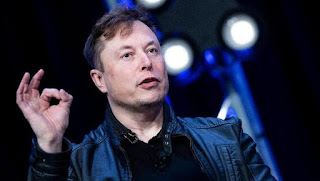JPMorgan sued Tesla and accused the company made by Elon Musk that owed the bank as much as USD 162 million.
The debt, according to JPMorgan, is related to the 2014 warrants agreement. Warrants are rights granted to shareholders to buy shares at a specified price within a certain period of time.
According to a lawsuit filed in the Southern District of New York, JPMorgan purchased the warrants from Tesla in 2014, when Tesla was still seeking funding to build the Gigafactory.
With these warrants, JPMorgan should have the right to buy Tesla shares at a certain price and for a certain period of time. Now, the warrants purchased by JPMorgan will expire in June and July 2021.
Initially the agreed price to buy the shares was USD 420 per share. However, if the warrants have expired and Tesla's stock is lower than that price, Tesla does not owe anything to JPMorgan or vice versa.
However, if Tesla's shares are higher than that price when the warrants expire, JPMorgan claims Tesla must surrender a number of shares whose value is equivalent to the price difference.
Then on August 7 2018, Musk via his Twitter account stated that he planned to make Tesla a private company with shares worth USD 420. He also claimed to have had the funds to do this.
Even though Musk later canceled his wild idea, until JPMorgan's warrant expired, the value of Tesla's stock continued to increase dramatically. This is what makes Tesla, according to the applicable contract, must surrender shares (or money) for the difference in the share price. This step has not yet been completed by Tesla.
"Tesla willfully disregarded its contractual obligations to pay JPMorgan," JPMorgan wrote in the lawsuit.

